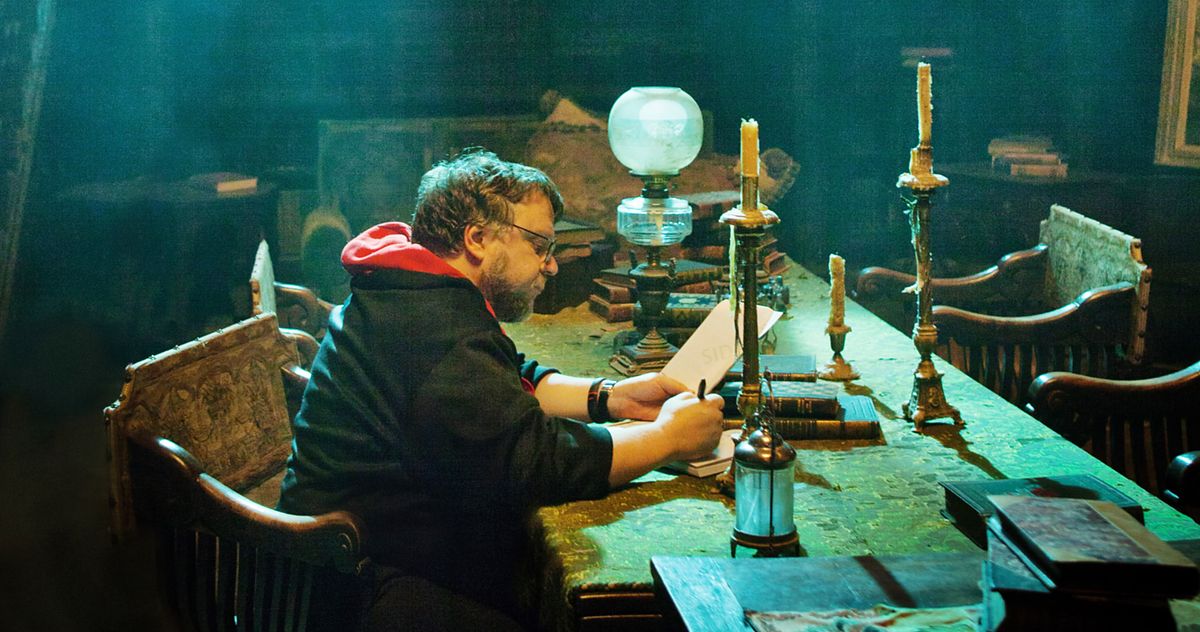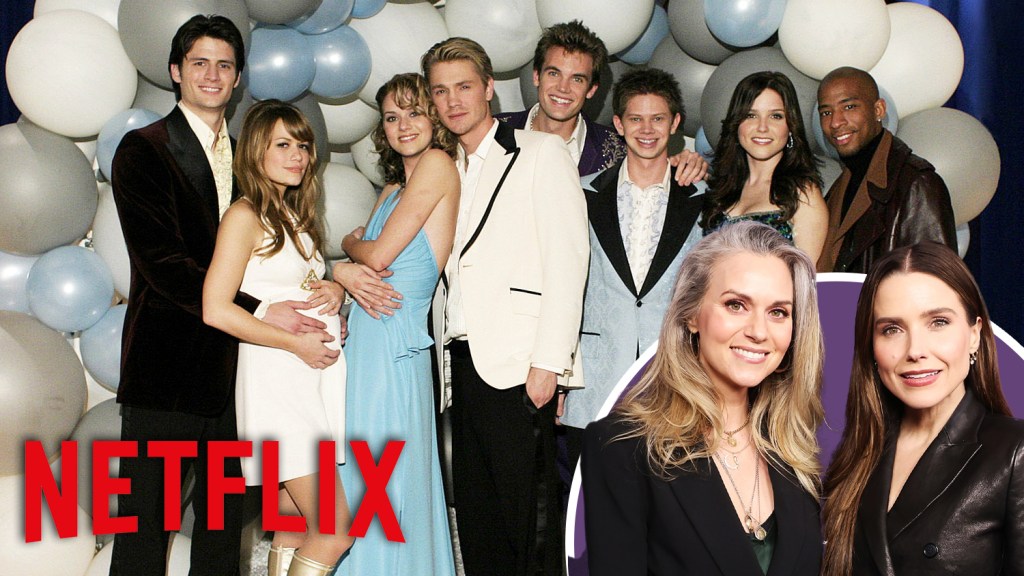Crimson Peak: A Gothic Romance Misunderstood? Guillermo del Toro Speaks

Guillermo del Toro, renowned for his penchant for Gothic storytelling, discusses his 2015 film "Crimson Peak" and how its reception didn't quite match his vision.
Del Toro, a Guadalajara native, has been immersed in Gothic literature, film, and art since childhood. This fascination is evident throughout his career, from his debut feature "Cronos" to his Oscar-winning "The Shape of Water". "Crimson Peak", however, stands out as his most unabashedly Gothic offering, a film that defied easy categorisation.
Despite a stellar cast, including Mia Wasikowska, Tom Hiddleston, Jessica Chastain, and Charlie Hunnam, and generally positive reviews, audiences struggled to embrace "Crimson Peak". The film, marketed as a period horror, offered a more complex narrative, blending romance, fantasy, and horror elements in a way that left many feeling confused.
Del Toro attributes this initial misinterpretation to the marketing campaign, which prioritised the horror aspect to attract a wider audience. "It was sold as a horror movie... I knew we were doomed!" he states. "We should have promoted the romance, the mystery."
Yet, "Crimson Peak" has since found its dedicated fanbase, those who appreciate its unique blend of genres and intricate storytelling. "It's a movie that connects with the people who love it at an almost molecular level," Del Toro observes.
For Del Toro, "Crimson Peak" is a deeply personal work, drawing inspiration from various Gothic sources including "Wuthering Heights", "Northanger Abbey", and "Uncle Silas". He also cites his own previous films, such as "The Devil's Backbone", as influencing the film's themes.
Del Toro believes the film's reception ultimately reflects a broader shift in the landscape of Gothic storytelling. "Gothic was, back then, an almost forgotten genre," he says. "I wanted to produce a lavish, beautiful, operatic spectacle."
He draws parallels with Alex Garland's "Annihilation", another film that faced misinterpretations despite its clear intentions. Del Toro points out that "Crimson Peak" itself provides clues about its true nature, even going so far as to have a character explicitly state, "It's not a ghost story, it's a story with a ghost in it."
Despite the initial disappointment, Del Toro remains proud of "Crimson Peak". He highlights its reception at Ebertfest, a film festival known for its discerning audience, as a testament to the film's enduring appeal. "This closes the cycle," he stated at the event. "This is bringing the movie home to an audience that now knows what the movie is."
Del Toro's passion for Gothic storytelling is evident in his extensive knowledge of the genre. He discusses his early encounters with Gothic literature, citing "Frankenstein", "The Monk", "The Castle of Otranto", and the works of Ann Radcliffe as formative influences.
He emphasizes the importance of the Byronic hero, the brooding, secretive figure that often drives Gothic narratives. "There is always a Byronic, aloof character," he explains, referencing figures like Mr. Rochester in "Jane Eyre" and Maxim de Winter in "Rebecca".
Del Toro also highlights the significance of the haunted house in Gothic stories, noting how it becomes an integral character itself. He draws parallels between Manderley in "Rebecca" and Cumberland in "Crimson Peak", both of which embody the secrets and mysteries of the past.
In conclusion, while "Crimson Peak" may not have resonated with mainstream audiences initially, its enduring appeal among a dedicated fanbase speaks volumes about its artistic merit. For Del Toro, it remains a cherished work, a testament to his enduring love for Gothic storytelling and its ability to captivate audiences over time. As he eagerly awaits the release of his upcoming "Frankenstein" adaptation, his passion for the genre shows no signs of waning.





